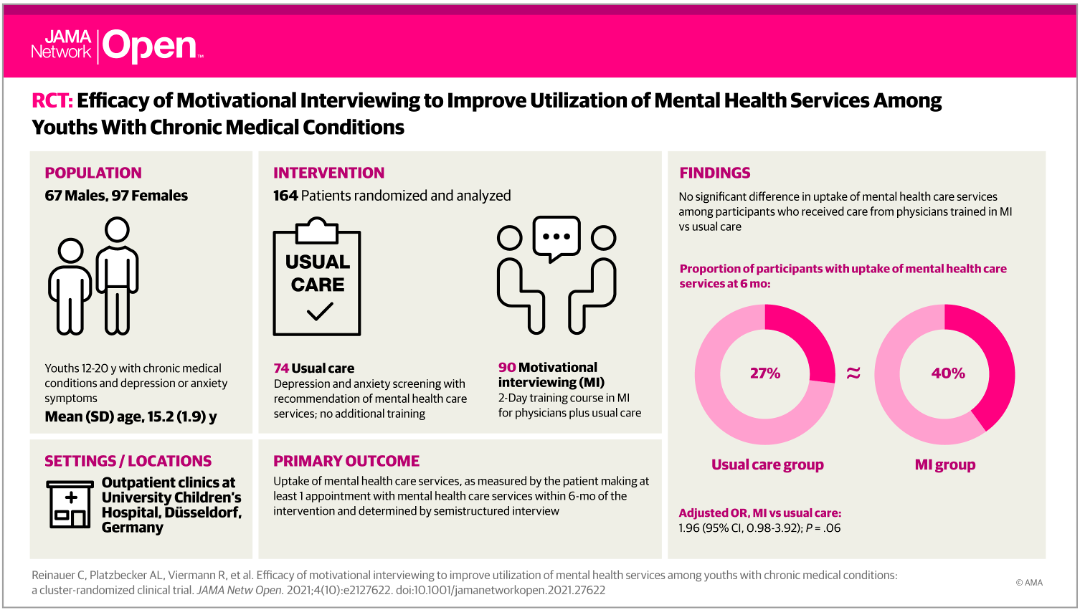
Mental Health

A primary focus of the lab research has been to unravel the mechanism of mental health promotion interventions and translate findings into interventions that effectively target salutogenic mechanisms underpinning the biopsychology of mental health and well-being. We have studied mental health promotion approaches and developed the research protocol of Inquiry-Based Stress Reduction (IBSR) technique, based on the skills and principles of self-inquiry, mindfulness, cognitive reframing, and behavioral change. Our study was the first RCT to demonstrate the impact of a non-pharmacological intervention on the views regarding risk-reducing (and potentially lifesaving) surgeries among people with BRCA variants. We have shown that in the general population, practicing the IBSR technique was associated with improved psychopathologic symptoms, improved happiness, and perceived quality of life. Additionally, it reduced occupational burnout in teachers and improved the subjective and psychological well-being of teachers during the COVID-19 pandemic. We ensured the highest standards of study methodology in accordance with the Consolidated Standards of Reporting Trials (CONSORT) statement for randomized clinical trials and the Transparent Reporting of Evaluations with Nonrandomized Designs (TREND) guidelines.
Phyto-bioactive compounds
Medicinal herbs and their derivative phyto-bioactive compounds are recognized as potent treatments for a variety of diseases. As the head of the Laboratory of Herbal Medicine and Cancer Research, I led an Israeli delegation to India, which signed a collaboration memorandum between the Central Council for Research in Ayurvedic Sciences (CCRAS), the Ministry of Ayush, the Government of India, and the Tel-Aviv Medical Center. Supported by grants from the Israel Cancer Organization and the renowned Edmond de Rothschild Foundation, we conducted multiple innovative studies to assess the role of traditional medicinal herbs, such as Curcuma Longa, Moringa Oleifera, and Boswellia Serrata, in inflammatory and cancer prevention pathways. Our findings demonstrated that the combination of medicinal herbs with pharmacology agents synergistically inhibited the survival, migration, and invasion properties of various cancer cells. Additionally, we revealed the mode of action of phyto-bioactive compounds in regulating the nuclear factor kappa B and inflammatory pathways. Furthermore, our research has contributed to the facilitation and validation of scientific tools for the development of standardized therapies using botanical sources.
Stress and Resilience
Investigating the mediators and outcomes of stress and resilience in a community setting. Supported by a grant from the Chief Scientist of the Israeli Ministry of Education, Prof. Adini and I developed a functional resilience index for schools in Israel. Our research examined the psychosocial aspects and communication challenges faced by key stakeholders in the Israeli education system during the COVID-19 pandemic. Our findings emphasize the need for tailored capacity-building and resilience intervention programs to enhance well-being and reduce distress among stakeholders, particularly those who are most vulnerable. In an additional study conducted during the pandemic, we explored the relationship between resilience and participation in online sports programs, highlighting the importance of maintaining such programs to support adolescents’ resilience. Additionally, we collaborated with school systems to study the effects of Cognitive Behavioral Group Therapy (CBT) on children’s self-esteem. This study highlights the potential benefits of CBT in enhancing self-esteem among children and indicates the feasibility of delivering the CBT protocol in a school setting. Overall, these studies have made significant contributions to understanding various psychosocial aspects and interventions in response to the COVID-19 pandemic, encompassing education, sports programs, therapy, and web-based activities across different age groups, and their implications on resilience and well-being in community setting.
Healthy aging and longevity
Investigation of health behaviors and psychosocial factors in healthy aging and longevity. In view of our expertise in health promotion and population studies, as well as in the application of advanced tools for longitudinal analysis, we have made significant scientific contributions. These contributions have revealed the pivotal role of marital satisfaction in mortality risk, as demonstrated by large-scale investigations involving over 10,000 participants spanning four decades. The findings highlight that individuals dissatisfied with their marriages face an increased long-term risk of stroke and all-cause mortality, emphasizing the importance of nurturing healthy relationships and advocating for interventions targeting marital satisfaction in health promotion strategies. Furthermore, our research with Prof. Goldbourt on midlife predictors of longevity has deepened our understanding of the intricate interplay between psychosocial and physiological factors in health outcomes. This knowledge has informed evidence-based approaches to improving population health. Our study on exceptional patients has shed light on the recurring theme of active patient empowerment and engagement in survivorship, supporting the adoption of personalized, patient-centered approaches. Moreover, the study on web-based activities for older adults during the COVID-19 pandemic has underscored the significance of providing engaging and accessible alternatives to in-person activities. Collectively, these contributions have advanced scientific knowledge and influenced the development of strategies aimed at promoting longevity and improving overall health outcomes.